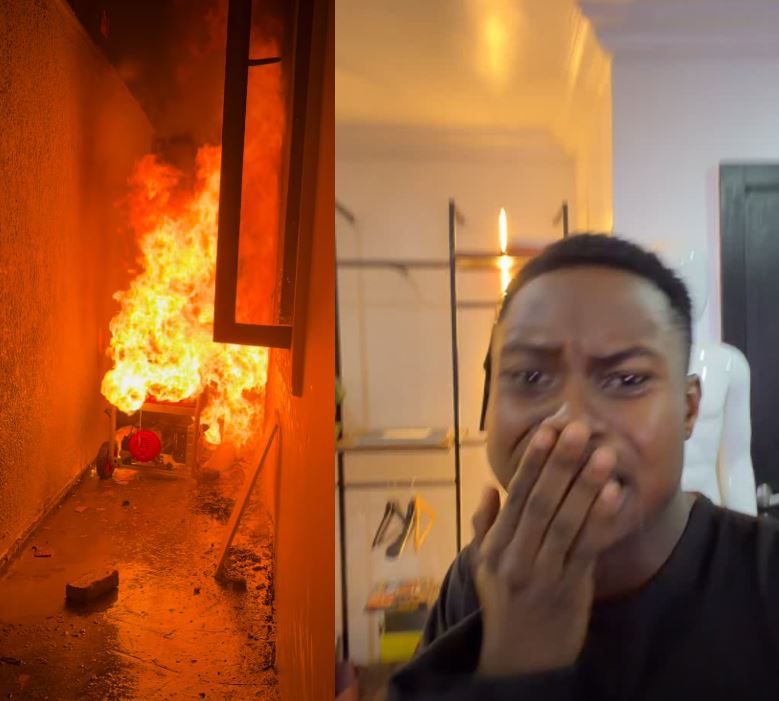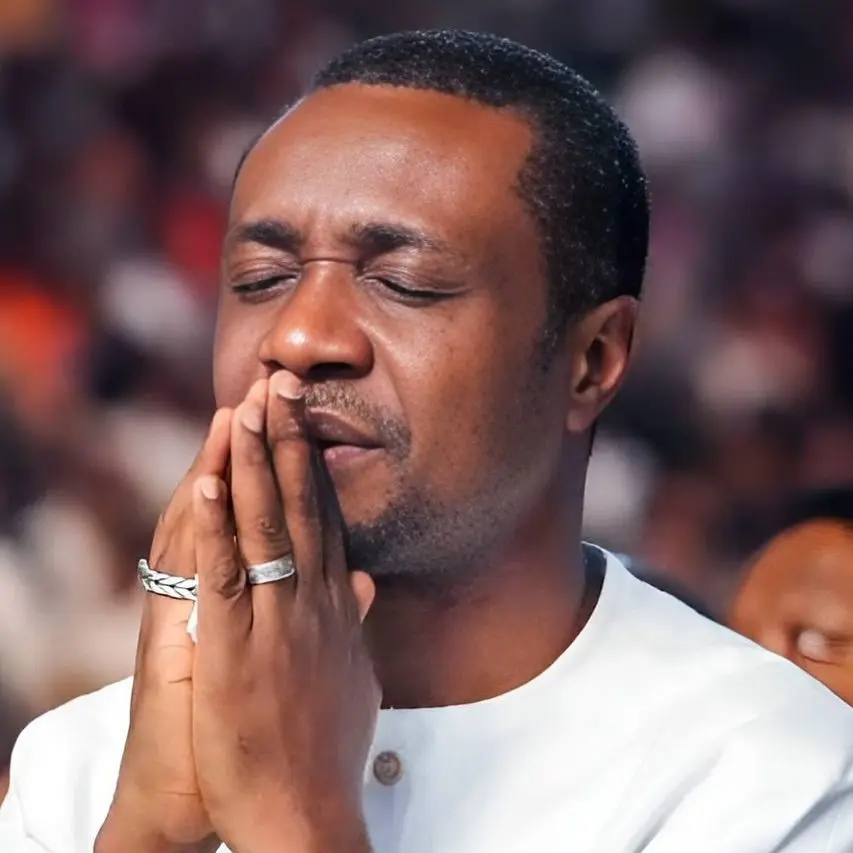
A surgeon has died after contracting Ebola disease while working in Sierra Leone and moved to a specialized biomedical unit in Nebraska, USA. Martin Salia, a native of the West African nation whose family lives in Maryland, was flown from Sierra Leone on Saturday and rushed to the Nebraska Medical Center’s Biocontainment Unit. He died about 36 hours later due to cardiac arrest.
“It is with an extremely heavy heart that we share this news,” Phil Smith, medical director of the Biocontainment Unit at the hospital said. “Dr. Salia was extremely critical when he arrived here, and unfortunately, despite our best efforts, we weren’t able to save him.”
Obama issued a statement extending “heartfelt condolences” to Salia’s loved ones. “Dr. Salia dedicated his life to saving others,” Obama said. “He viewed this vocation as his calling.”
Salia’s family issued a statement saying it was “saddened” by his death and asking for privacy for his wife and two sons. Salia friend Patricia Mustapha described him as an excellent doctor and kind-hearted man.
“He was back in his country, helping his people,” Mustapha told WUSA-TV in Washington, D.C. “We are just so sad. He died a hero.”
Salia tested negative for the disease on Nov. 7, days after becoming ill. He tested positive Nov. 10. Smith said “false negative” test results are possible in the first days of symptoms when the viral load is relatively low.
Daniel Johnson, director of critical care at Nebraska Medical Center, said Salia was critically ill when he arrived at the hospital, where the medical team quickly had to combat kidney and respiratory failure. Salia was placed on dialysis, required a ventilator and received plasma from a surviving Ebola patient, the physicians said.
Multiple medications included experimental ZMapp therapy, a new drug that has shown promise in fighting the disease.
“We used every possible treatment available to give Dr. Salia every possible opportunity for survival,” Smith said. “As we have learned, early treatment with these patients is essential. In Dr. Salia’s case, his disease was already extremely advanced by the time he came here for treatment.”
May his soul rest in peace … amen!




















